The Last of the Mohicans (1992), directed with lyrical intensity by Michael Mann, stands as one of the most powerful historical epics of the 1990s. Loosely adapted from James Fenimore Cooper’s 1826 novel, the film masterfully weaves romance, war, and cultural tragedy into a sweeping narrative set against the volatile backdrop of the French and Indian War in 1757.
At its center is Hawkeye, played with magnetic physicality and quiet depth by Daniel Day-Lewis—a white man adopted by the Mohican tribe. Alongside his Mohican father Chingachgook (Russell Means) and noble brother Uncas (Eric Schweig), Hawkeye becomes entwined in a world of shifting colonial alliances, ambition, and indigenous resistance.
The Power of the Soundtrack
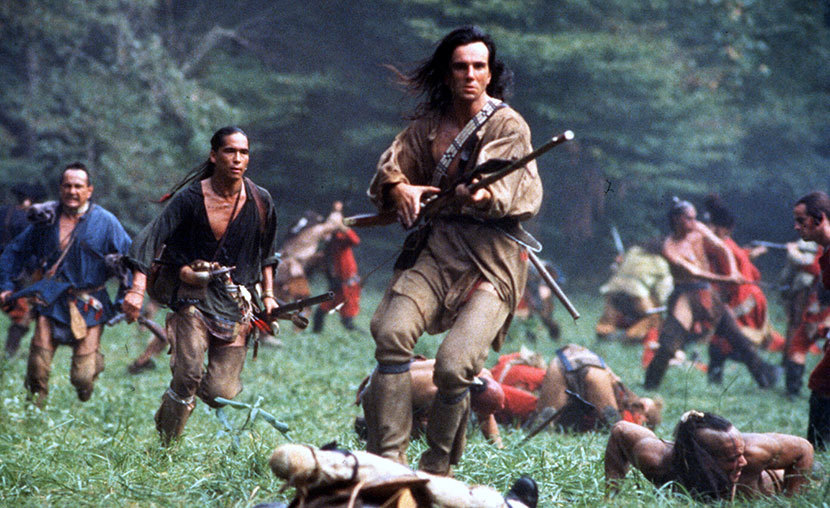
Many Redditors praised the soundtrack, viewing it as a “third wheel” that drives the emotions:
“I’ve seen this film countless times … the main theme pretty much puts the word epic to shame. … This brilliant score … completely makes the movie”
“The soundtrack still lives rent free in my head 30 years later. … The soundtrack give me goosebumps it’s so fucking good”
Another viewer shared:
“initial cliché bits … the last sequence hits and the movie just takes on another level. … Even the main villain Magua softens for the first time in response to pure emotional brevity of that scene.”
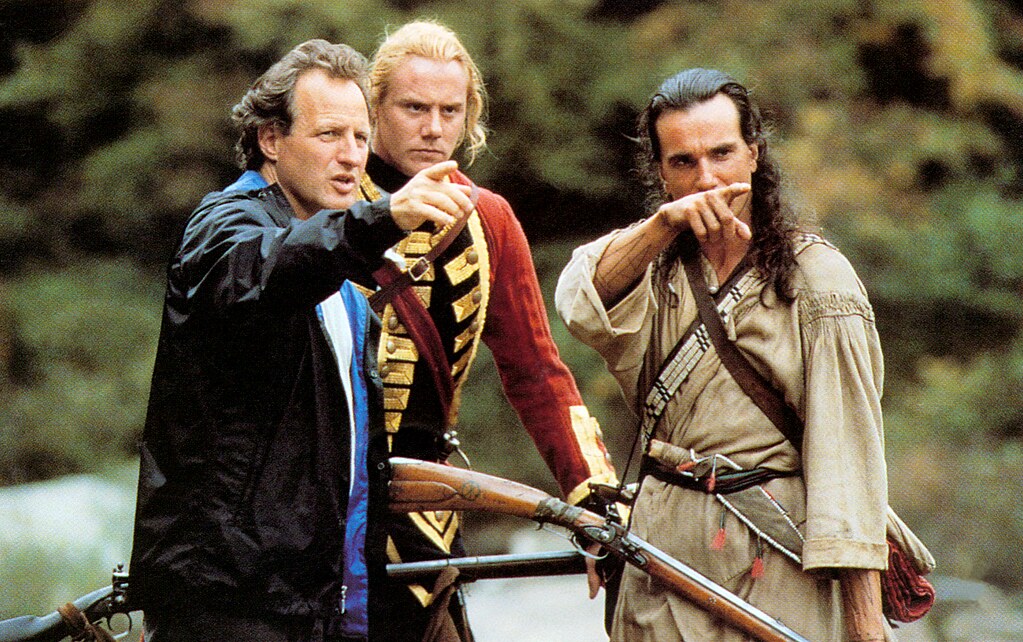
Most reviews credit Randy Edelman and Trevor Jones’ music as the emotional underpinnings, tied to the climax and aesthetic value of the film.
The narrative begins as British forces struggle to hold Fort William Henry against a relentless French siege. Among the British ranks is the vengeful Huron warrior Magua (Wes Studi in a chillingly brilliant performance), whose personal grudge against Colonel Munro sparks a chain of betrayal and violence. When Hawkeye and his Mohican family rescue Munro’s daughters, Cora (Madeleine Stowe) and Alice, from ambush, they embark on a perilous journey through the untamed frontier—a journey where survival and passion burn equally bright.
Images, effects and acting
The majestic scenery and the cast’s acting also received many compliments:
“Incredible cinematography & acting, but for me the music was the most impactful.”
“One of Michael Mann’s best films. The cinematography is top notch and the narrative for a period piece is great.”
“The part in the book when they’re leaving the fort and the Huron attack is … VERY brutal, but very realistic.”
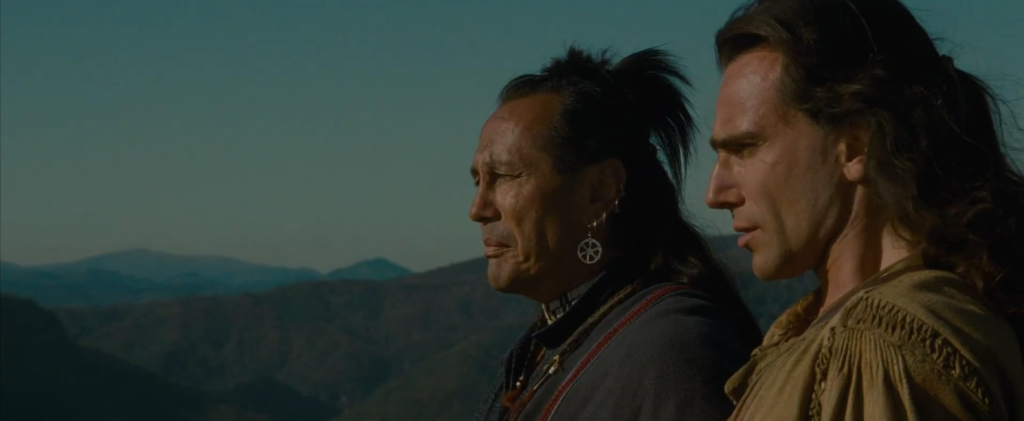
On the Home Theater Forum, one member rated this as “one of the best movies of the 90s.”
As Hawkeye and Cora grow closer, their relationship becomes a beacon of hope amid chaos. Yet, the love story is never isolated from the greater cost of war. The wilderness is both breathtaking and brutal; loyalty is tested, and the colonial world proves merciless.
The climax delivers a staggering emotional punch: Uncas falls in a valiant attempt to save Alice, who tragically leaps to her death rather than face captivity. In a final act of sorrow and vengeance, Chingachgook kills Magua, only to be left mourning his son and his people. With Uncas gone, Chingachgook becomes the symbolic “last of the Mohicans”—a heartbreaking reminder of a vanishing culture.
Script, Story & Authenticity
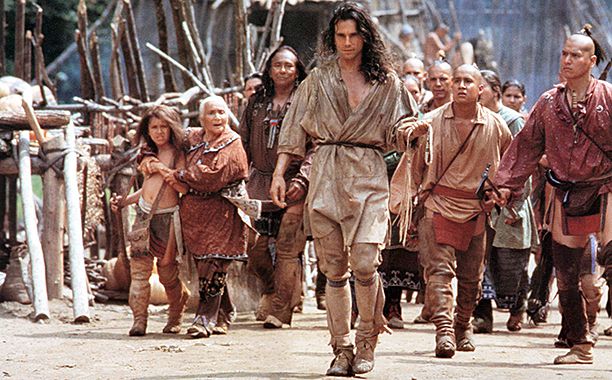
Roger Ebert’s review suggests “fantasy” and a bit “more entertainment than history”:
“Mann’s film is quite an improvement on Cooper’s all but unreadable book … more of a matinee fantasy … but it is probably more entertaining as a result.”
Entertainment Weekly commented that the first part is a bit confusing historically, but once it gets into the flow it is very satisfying:
“The first hour … plays like a convoluted history lesson. … Mann, at his best, is a master of violence and lyrical anxiety.”
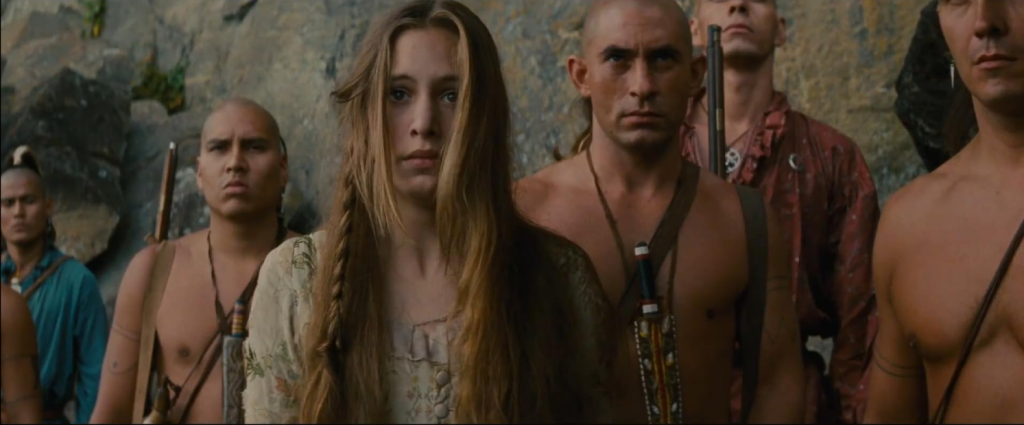
Some modern opinions also point out weaknesses in the plot or a bit rushed pacing:
“Mann’s direction is very hit and miss … love story … rushed … Pacing like that could cause a heart attack”
Rotten Tomatoes: 88% Tomatometer and audience reviews are also very positive.
Viewers on Rotten Tomatoes commented:
“A timeless classic…” (5/5 stars, 28062025)
“Really well done classic film … Cinematography and score are great …” (4.5/5 stars, 07062025)
Michael Mann’s vision is brought vividly to life through stunning cinematography and a haunting musical score. Trevor Jones and Randy Edelman’s compositions, particularly the unforgettable “Promontory,” lend the film a pulse of timeless emotion. From forest chases to desperate declarations of love, the soundtrack underlines every beat with grandeur.
More than three decades since its release, The Last of the Mohicans endures as a cinematic triumph. It’s not merely an adventure or romance—it’s an elegy for a disappearing world. With rich performances, poetic visuals, and an aching sense of loss, it remains a haunting tribute to courage, love, and cultural survival.




